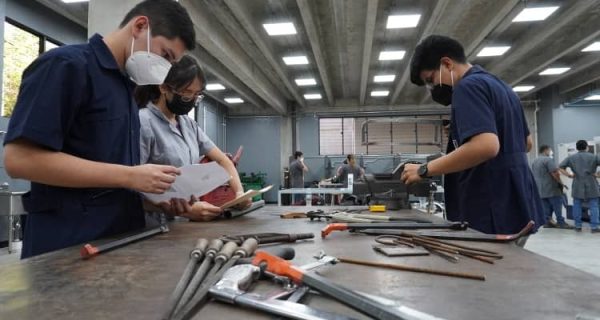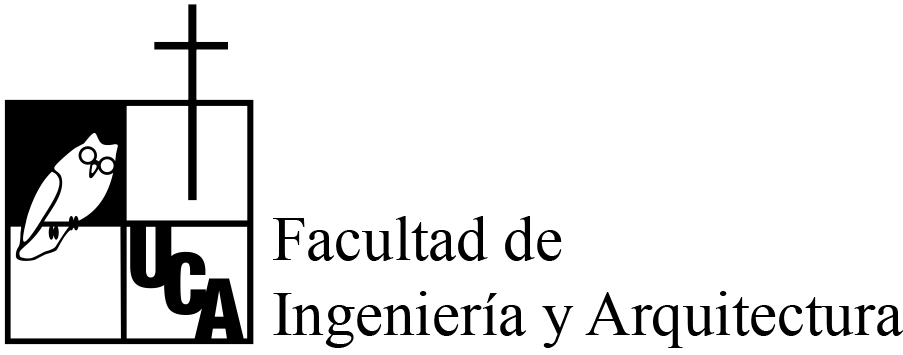Mechanical Engineers requires an understanding of core areas including solid mechanics, dynamics, thermodynamics, materials science, structural analysis, and electricity. In addition to these core principles, mechanical engineers use tools such as computer-aided design (CAD), computer-aided manufacturing (CAM), and product life cycle management to design and analyze manufacturing plants, industrial equipment and machinery, heating and cooling systems, and others.

Curriculum
The curriculum consists of a total of 45 subjects, designed to be completed over 10 academic cycles. In addition to the standard course duration, students should account for an aditional six-months graduation process.
Science and Mathematics
Engineering sciences
Social Outreach and Humanism
Applied engineering
Graduate Profile
Facilities At Your Disposal

Practice in our courses is of the utmost importance, which is why we have hardware and software equipment to complement theory. Some of the laboratories where our students carry out their practice are:
- Chemistry
- Physics
- Mechanics of Materials
- UCA-Siemens
- Classroom
Thermodynamics - Heat Transfer
- Induction Motors
- Machine-Tool Operation
- Machine Elements Manufacturing
Schedule
This program has been designed for full time students.
From the first to the fourth year the schedule are daytime, however, the fifth year, the classes are programming early at the morning (7:00 to 8:40) and late at the afternoon (17:30 to 20:10). This allows final year students to do internships or get their first job.
Contact us
Eng. Axel Leonardo Doñan Rodriguez
Director of Mechanical Engineering
2210-6600, ext. 1039 • adonan@uca.edu.sv




